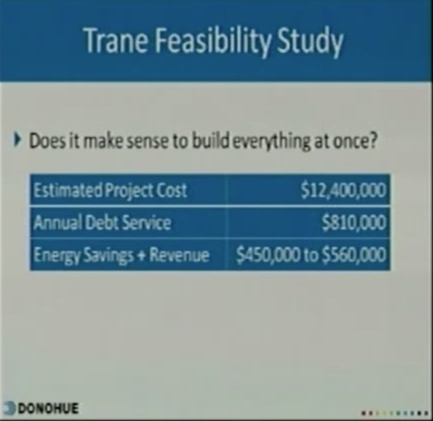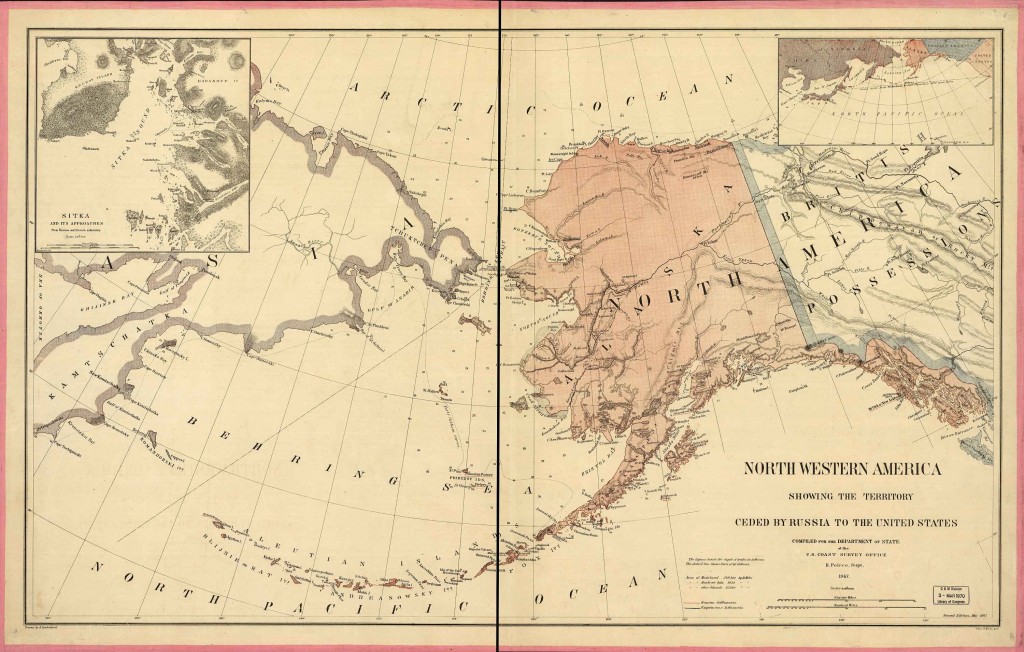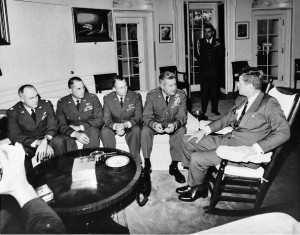Here’s a question, concerning even small towns like Whitewater, for which the Financial Times publishes an answer: If market-based solutions are superior to cronyism, why are there so many cronies?
First, there aren’t that many cronies (or insistent insiders) in Whitewater or elsewhere, but the few there are manipulate or intimidate weak reporters at local papers into representing their numbers as though they were all the community. So they’ll commonly speak about how Whitewater does something, when the people acting are a few insiders in a room, for example.
(The truth of Whitewater is that the adult, non-student population in town is only about half the city’s total population, and by the time one accounts for natural differences in interest, outlook, and ideology, the number of big-business lobbyists in town is actually small. Sometimes, it seems like it’s one person, and a guy who follows along beside him dutifully – if awkwardly – carrying signs or flyers.)
Why, then, does cronyism persist, despite the greater intellectual, practical, and ethical strengths of voluntary, unaided transactions in the marketplace?
Prof. Luigi Zingales of the University of Chicago’s Booth School has the answer:
While everybody benefits from a competitive market system, nobody benefits enough to spend resources to lobby for it. Business has very powerful lobbies; competitive markets do not. The diffused constituency that is in favour of competitive markets has few incentives to mobilise in its defence.
This is where the media can play a crucial role. By gathering information on the nature and cost of cronyism and distributing it among the public at large, media outlets can reduce the power of vested interests. By exposing the distortions created by powerful incumbents, they can create the political demand for a competitive capitalism.
See, A strong press is best defence against crony capitalism @ The Financial Times.
Needless to say, I don’t think that the traditional local press (Gazette, Daily Union, Register) or an imitation (Banner) plays this role. On the contrary, those publications are defenders of town squires’ repeated errors.
No matter: a new informational order now arises in many small places that progressively, effectively, decisively eclipses insiders to the benefit of those towns’ broader communities.
Tomorrow: Whitewater’s Major Public Institutions Produce a Net Loss (And Why It Doesn’t Have to Be That Way).





